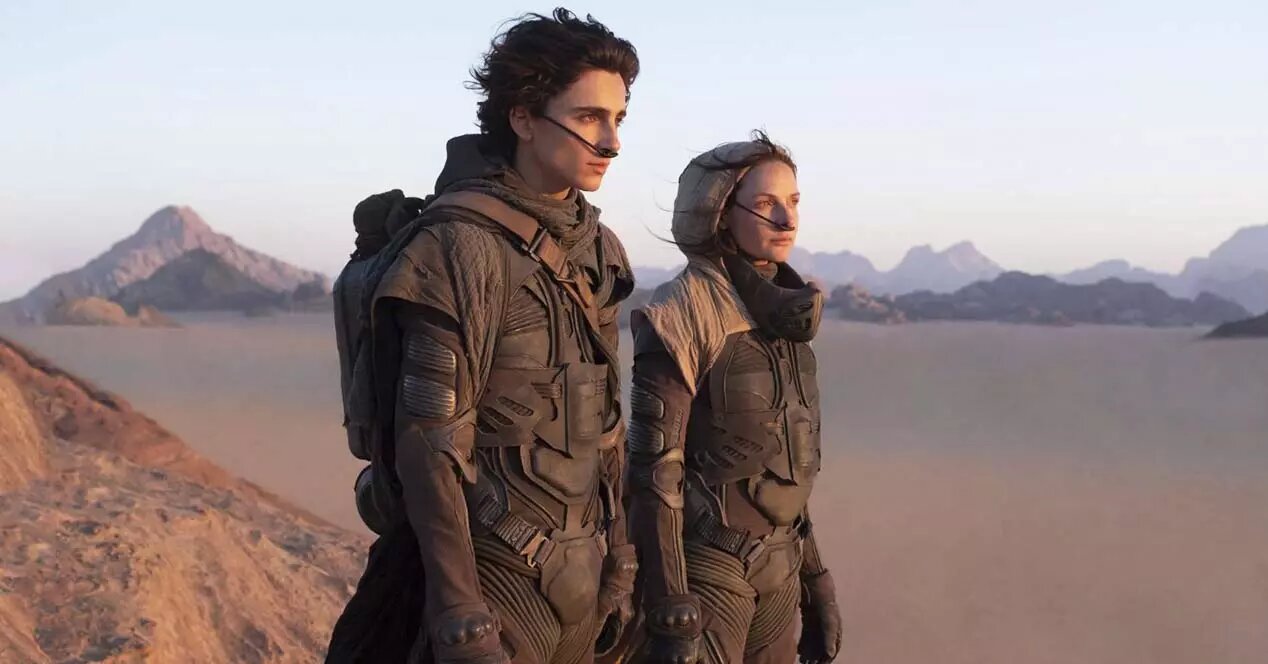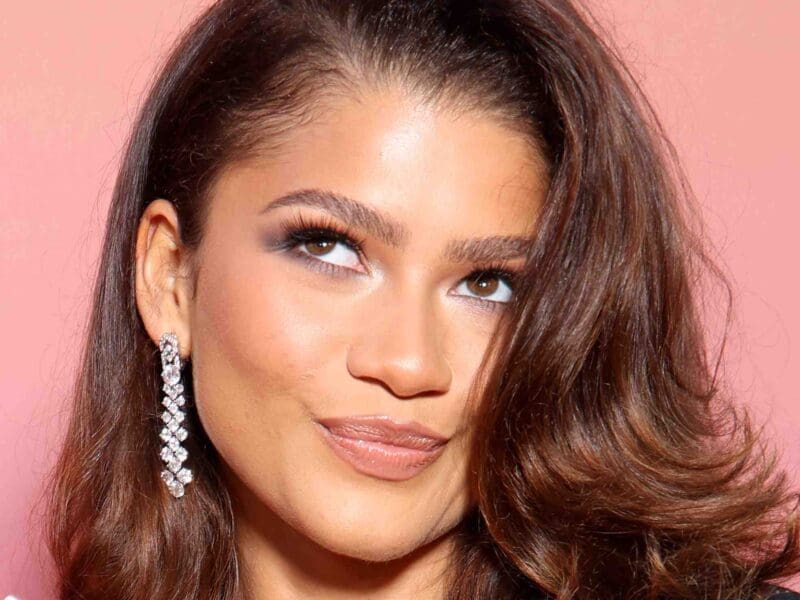
Denis Villeneuve’s Dune Adaptation Is Coming To Your Living Room
Following the reveal of a recut, Japanese-language trailer for Denis Villeneuve’s Dune, as well as the unfortunate news of the film’s third rescheduling, the adaptation is once again hot on everyone’s tongue. Having wrapped shooting in the summer of 2019, Dune was one of the most high-profile cinema casualties of the COVID-19 pandemic and resulting public shutdowns.
Originally planned for a late 2019 release, Dune is now slated for October 22nd, 2021 and, to the displeasure of many in the filmmaking community, will be simultaneously released theatrically and for home viewing, continuing a controversial movie distribution trend introduced during the pandemic.
Hopeful movie fans are awaiting Dune with bated breath. You can’t really blame them, either. It’s hard to think of a better match for Frank Herbert’s trippy, mysterious, utterly influential novel than Denis Villeneuve. The Quebecois auteur, who came to prominence tackling dark subject matter in the acclaimed Polytechnique and Incendies, is better known now for his highbrow approach to action and science fiction.

Tense action-drama Sicario and the sci-fi triumphs Arrival and Blade Runner 2049 solidified Villeneuve’s status as a dominant force in those genres. It was a no-brainer that Villeneuve could do justice to the oft mistreated and misunderstood Dune, perhaps delivering the thoughtful, visually generous adaptation it deserves.
But skepticism abounds. A lackluster trailer released in September 2020, a full year before its projected release, curbed some excitement, with many worried the film’s apparent marketing direction betrayed a Hunger Games-esque retooling of the novel.
Blade Runner’s flaccid box office performance is also a cause of concern; admittedly, Dilleneuve’s films do better with critics than with audiences, and with Dune reportedly adapting only one half of the book, poor ticket sales may put its followup in jeopardy.

Let’s not forget that camp who proclaim Dune itself to be unadaptable. It’s not a totally baseless belief. The 1984 David Lynch adaptation, hot on the heels of the successful Herbert-inspired Star Wars, was such a colossal embarrassment that Lynch declined directing credit for the film. This was followed by another ill-fated adaptation, a low-budget Sci-Fi Channel miniseries that garnered poor reception and low viewership.
And of course, there’s the version of Dune that never happened, but has no doubt contributed to the appeal and mystique of the property ever since: a decadent treatment by Alejandro Jodorowsky, who intended to cast Salvador Dali among other excesses.
The concept art for that unmade Dune, done by acclaimed French comics illustrator Moebius, has almost taken on a life of its own, a carnival of space opera grotesques that stand in stark contrast to the stone grays and tans of Villeneuve’s bleakly styled version.

Warner Bros.’ parent company AT&T’s commitment to a mixed-release plan has angered Villeneuve and other outspoken filmmakers, actors, and fans, who insist it can only be properly viewed in theaters, but some aren’t so demoralized, namely the home theater crowd.
While a typical home entertainment system isn’t the ideal way to experience a theatrical production, those equipped with top of the line displays and comprehensive, vivid home audio setup will be in for a treat; Villeneuve’s films are often recognized for their visual flair and sound, with Arrival taking home the Academy Award for best sound editing in 2016.

Dune should prove no different, with Villeneuve swapping out longtime collaborating photographer Roger Deakins for Greig Fraser of Rogue One fame, and bringing aboard superstar composer Hans Zimmer for an original score. Those planning to enjoy Dune in the comfort of their own homes should perhaps look into TV and sound system upgrades from a home entertainment provider like Selby.
Superstition and industry woes aside, 2021’s Dune is set to make a splash, if for no reason other than its sheer star power. Boasting Timothy Chalamet, Zendaya, Javier Bardem, Oscar Isaac, and Jason Momoa — and that’s just to name a few — the film is likely to appeal to several demographics and break through the typical audience limitations of science fiction and fantasy fare.







